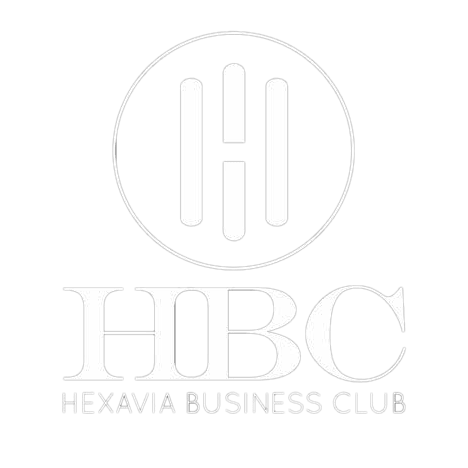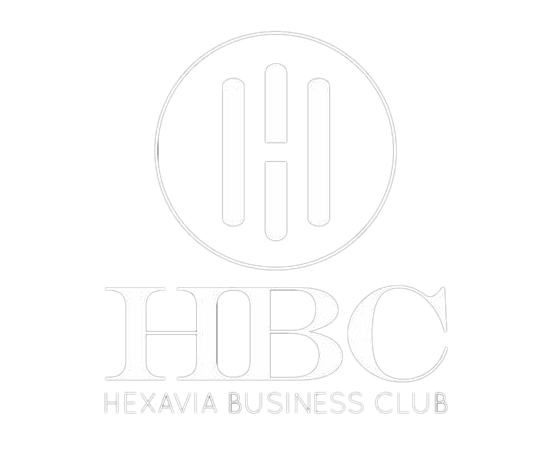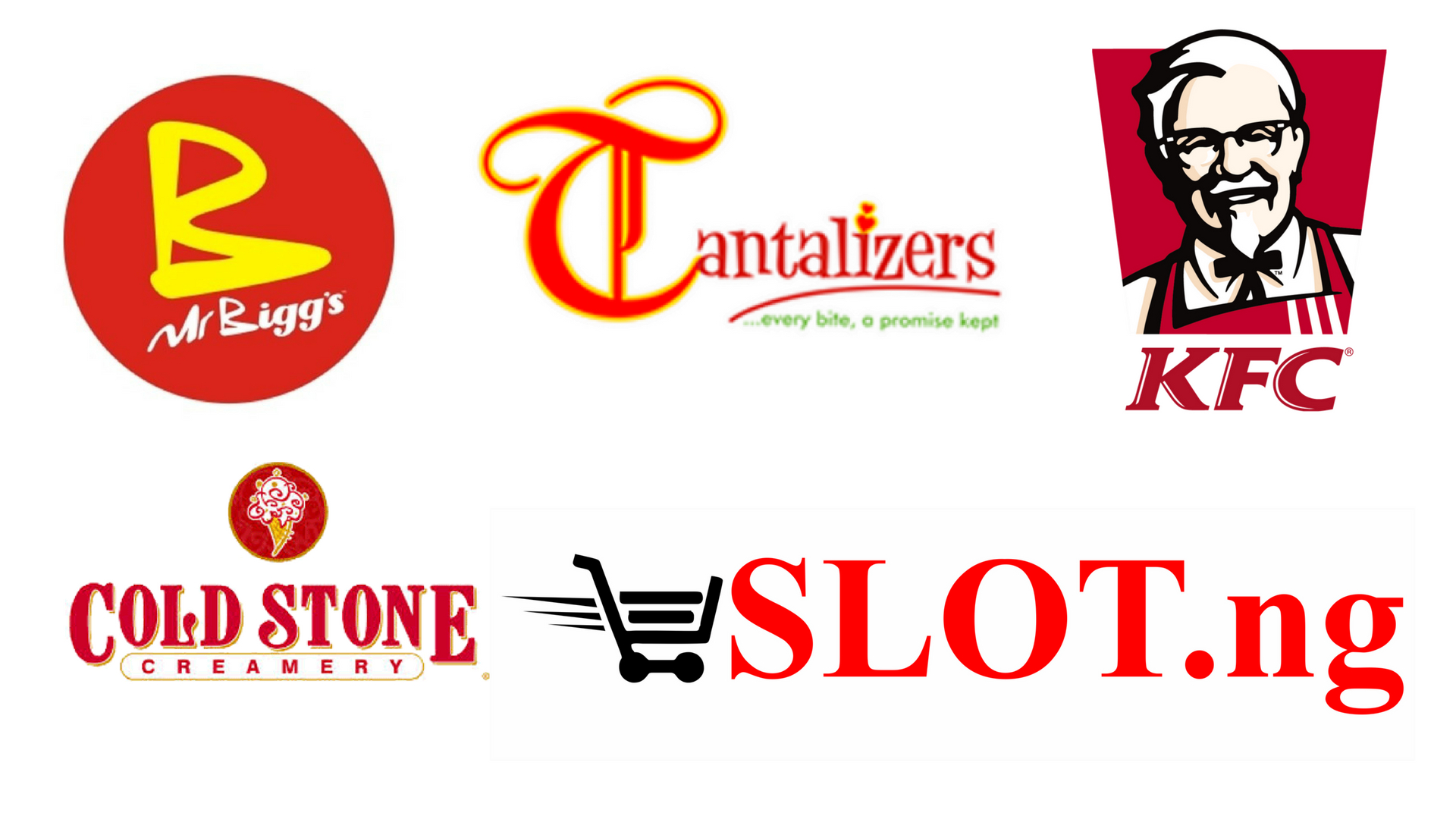
WHY ARE THE “MADE IN NIGERIA” BRANDS LOSING TO THEIR FOREIGN COUNTERPARTS ?
Ray Kroc is credited with founding the modern corporation we know today when he fought the McDonald’s brothers who originally founded the restaurant chain and brought in Ray as a franchising expert businessman. Ray had a different vision for the business and fought the McDonald’s brothers for control until he finally bought the company over.
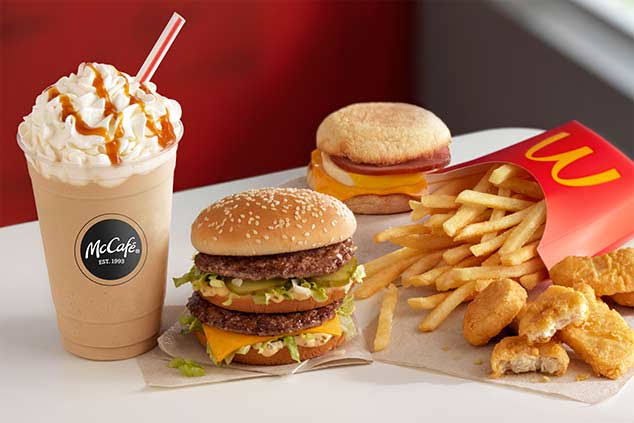
Today, McDonald’s is the largest fast food chain in the world controlling 37, 855 outlets across 119 countries of the world. In 2014, McDonald’s announced interest in Nigeria but is yet to open a single outlet.
It is reported that everyday, over 70 million customers visit McDonald’s. That’s nearly three times the population of Lagos, Africa’s 5th largest economy.
McDonald’s employs about 2 million people, has partnered with number of entertainment companies and is one of the largest distributor of toys, in addition to owning more real estate than any company in the world and only next to the Catholic Church, with the difference being that the Catholic Church is made up of other independent entities not incorporated anywhere as a United legal entity as is McDonald’s.
Please note that the intention is not to focus on McDonald’s against other leading global Quick Service Restaurant Brands like KFC and Pizza Hut or even Mr. Biggest. I want to believe that the McDonald’s story is good enough to tell you about the power and potentials of food business, as well as the role of franchising inbuilding a powerful QSR brands. Wait a minute, this is the global king of Fast food restaurants!

NIGERIA
Food Business is good business. When it is fast food, it could mean fast Profit, Growth Development and Decline as well. It is all about how the brand is managed to deliver a uniform experience across outlets.
In Nigeria, UAC owned Mr. Biggs is the leading Quick Service Restaurant Brand which history traced back to the coffee stands inside the Kingsway Departmental Stores of the 1960’s.
In 1973, the shops were rechristened as Kingsway Rendezvous and later as Mr. Biggest in 1986 and there by heralding the arrival of Quick Service Restaurant Business in Nigeria.
It was Mr Biggs which started franchising as a growth and expansion strategy which quickly gave the brand the winning edge and expanding it’s branches to over 170 in Nigeria and about 4 in Ghana. In 2013, Famous Brand, South Africa acquired 49% stakes in the food chain.
In 1997, many years after Mr. Biggs had gained the first mover advantage, Tantalizer’s berthed in the Festac area of Lagos serving burgers and snacks with some Nigerian delicacies.
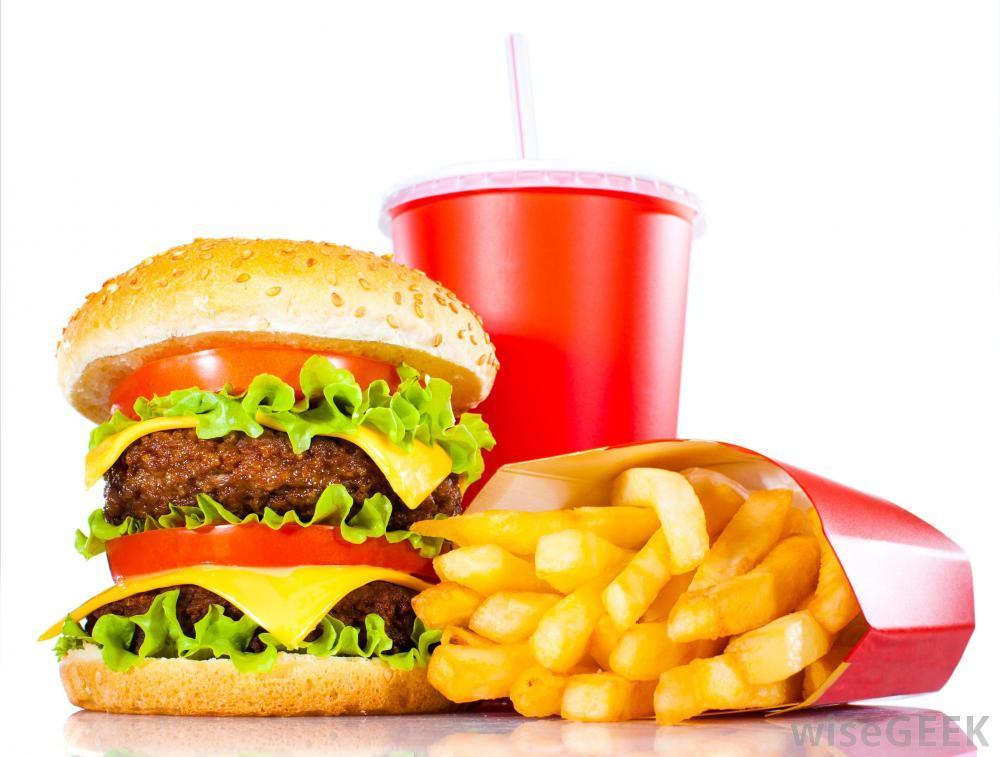
Today, Tantalizer’s control about 50 outlets employing thousands of Nigerians across Lagos, Abuja, Portharcourt and Ibadan.
In 2004, the Nigerian Quick Service Restaurant space witnessed the arrival of Chicken Republic. Another brand which deploys franchising as a strategic market penetration and expansion strategy.
According to the company’s website, they are in over 70 locations serving Nigeria and Ghana with over 1,300 staff strength.
The company is owned by Food concepts Limited .
While franchising remains a very good way of growing a food chai, it comes with some of its headaches of maintaining standard across outlets.
Some of the peculiar problems to franchising in Nigeria includes:
1. Undercapitalisation.
2. Quality of Manpower
3. Perpetual power failure
4. Building and nurturing brand corporate culture and core values with franchisees
5. Managing Franchisee and Franchisor relationship.
In the last 6 weeks, I have had meetings at some of the outlets of the above listed brands.
For the avoidance unnecessary bad reportage, I will save one of the brand the embarrassment and just state what I witnessed.
At a particular branch in Ikeja, a huge rat appeared where I was having a chat with a client over a bottle of soda.
At another brands outlet, the toilet was so bad that they have had to consistently use basins to get water and move round the facility for cleaning purposes.
On more than one occasion, a particular outlet didn’t have sandwich and coffee or any kind of breakfast at about 10 am as they use to.
Some have created spaces for photographers and recharge card traders to rent and produce pictures, even as they dominate the space for scarcity of customers.
Indeed, Chicken Republic appears to be doing just fine and well with its franchising system and brand generally, where Tantalizer’s and Mr. Biggest are struggling to stay up and running.
For the average consumer, they do not care which franchisee is doing well because all they see is the brand. That’s what they have a relationship with and not the franchisee.
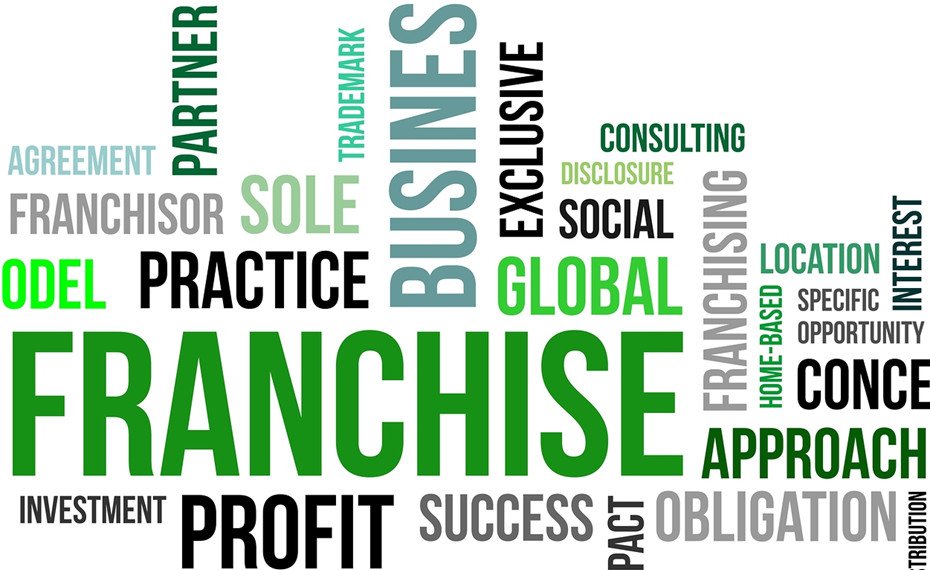
Where franchising is failing the brands indigenous to Nigeria, many more foreign brands are coming in with loads of investments and are taking over the market share.
Asides the fact that Chicken Republic has gotten good loans from the International finance Corporation of the world Bank, KFC is growing in Nigeria and including local delicacies to its offering.
As at 2016, The Oxford Business Group reported that there were over 800 Quick Service Restaurant outlets in Nigeria employing over 500,000 workers, whilst generating a revenue of over 200 Billion Naira.
With an estimated population of 200 Million citizens, there is no reason why Nigerian Brands should be losing market share to their foreign counterparts.
Money, though available in hips to the established brands like McDonald’s, KFC and Pizza Hut, cannot be said to be the exclusive preserve of the foreign brands.
However, they have built certain economies of scale and experience that comes in handy when they come into this market. Our indigenous brands must focus on solving the above mentioned problems facing franchising in this economy.
There are very many beautiful stories to share in the Quick Service Restaurant space, as there are very many disappointing stories.
A particular indigenous brand that has a business model that is exciting to me is THE PLACE, among many others.
As inspiration comes, I will be looking at some more QSR brands individually and carefully, with a view to sharing necessary findings.
I would like you to share your quick service restaurant stories by ways of experience or simply mentioning your most loved brands, as well as why you love them.
#AMO #QSRBRANDS #FOODBUSINESS #FRANCHISING #LICENSING
#BRANDING #BRANDTALK #BRANDSTORY #STORYBRAND
#GOFURTHER #BEBETTER
WE ARE HEXAVIA !
Eizu, ©Hexavia!
Strategy. Business StartUps and Corporate Restructuring Consulting
T: 08035202891
Uwaoma Eizu is the lead strategist at Hexavia! He is a graduate of Mathematics with two MBAs and over a decade of experience working with startups and big businesses. His core is in building startups and in corporate restructuring. He is also a certified member of the Nigerian Institute of Management, Institute of Strategic Management of Nigeria and the Project Management Institute, USA. By the side, he writes weekly for the BusinessDay newspaper.

